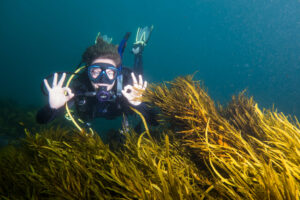
Deep dive into seaweed aquaculture
A new research project at Flinders University aims to explore and develop lucrative industrial-scale seaweed production, expected to create hundreds of jobs in regional Australia in […]

A new research project at Flinders University aims to explore and develop lucrative industrial-scale seaweed production, expected to create hundreds of jobs in regional Australia in […]

Fourteen successful Flinders University graduates will forge ahead with their research and studies as 2023 Playford Memorial Trust Scholarship winners. They were among leading South Australian […]
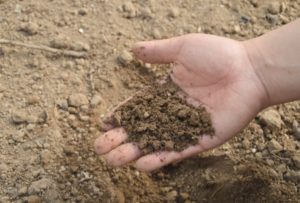
UK and Australian ecologists have used audio technology to record different types of sounds in the soils of a degraded and restored forest to indicate the […]
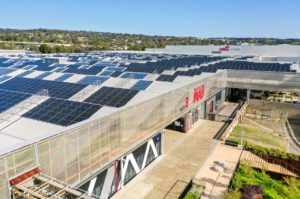
The Australian Government is ramping up efforts to move to a more sustainable circular economy by 2030. With Australia’s chief scientist Dr Cathy Foley, Flinders University […]
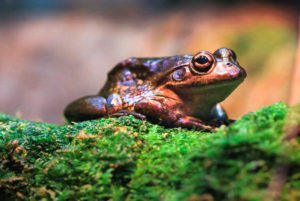
Flooding in the Murray-Darling Basin is creating ideal breeding conditions for many native species that have evolved to take advantage of the temporary conditions. Australian scientists […]
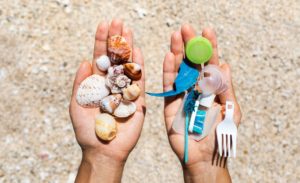
Plastic pollution has been recorded in eight freshwater streams running into Gulf St Vincent, confirming the regular flow of microplastics into local marine environments – and […]

With the COP27 international climate summit under way in Egypt, the need for global players to keep the goal of restricting warming to 1.5C has never […]
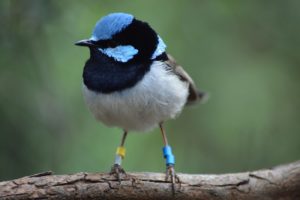
Contrary to their pretty name and appearance, some Australian superb fairy-wrens can be ‘aggressive’ in the wild – which may be important for their survival. When […]
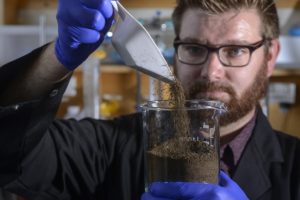
Professor Justin Chalker’s green chemistry breakthroughs at Flinders University have received a timely boost with his latest project being awarded a $1 million ARC Future Fellowship. […]